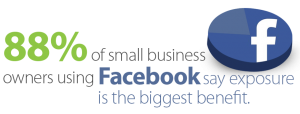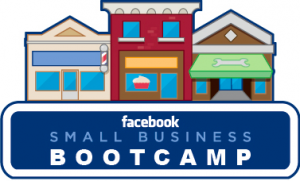
By Gadjo Cardenas Sevilla
Facebook’s evolved from web-based social media to realtime messaging, photo sharing and inevitably video and even augmented and virtual reality content company, but what’s next?
Signs that the Social Network is quickly growing up include the range and variety of products that enable people to communicate, share and connect. While many of its secondary streams like acquiring WhatsApp and Instagram seem safe, a few, like buying Oculus Rift VR for US $ 2 billion, seem somewhat risky.
“Facebook used to be this one blue app on your phone, and now Facebook is a family of apps,” Facebook’s CEO Mark Zuckerberg said while he ran down the global numbers of each of his company’s key products.

Facebook Groups has 700 million users; mobile messaging app WhatsApp has 700 million users. Facebook’s instant messaging app Messenger boasts 600 million users, popular photo sharing app Instagram has 300 million users and Facebook itself boasts 1.4 billion users.
While these numbers are impressive, there’s no denying that Facebook’s user base is quickly changing. While many millennials bought into the service early on and many have stayed. Facebook is also continuing to struggle getting a foothold in mobile, it failed to launch various Facebook phones and is now focused on cultivating its services as apps on various smartphone platforms.
Despite this, younger users are increasingly taking to other forms of social media to interact. More ephemeral messaging services like Snapchat seem to suit the rapid-fire way younger users communicate today.
The fact that many of these younger user’s parents and even grandparents seem to be holding court on Facebook, has made the service something they’d rather avoid.
Just like in real life, teenagers don’t want to hang out where their parents are hanging out, and Facebook is increasingly becoming ‘that place.’

A lot of credit goes to Facebook for hedging its bets. While it is no longer the hip, new service, it has become a reliable suite of communication tools.
The Messenger app, which offers voice calling as well as sharing of text and images, is quite popular and WhatsApp, the messaging service it acquired last year, is globally beloved.
Facebook is also looking into new opportunities by serving small to medium sized businesses. They’re having a series of Small Business Boosts in various cities in Canada to hear from local small business owners about how they have utilized Facebook to reach new audiences and turn them into loyal customers.
During these events, attendees participate in a training session on how to use Facebook to grow their business and connect with current and potential customers. As well, attendees will hear first-hand from local businesses that have been specially selected by Facebook because their businesses have found success through the use of the platform.
The most recent Small Business Boost will take place on May 1 at Ajax-Pickering, it is the fourth stop of a cross-country roadshow that kicked off on January 20th in Coquitlam and moved East to Halifax on January 22nd and then in Montreal on February 9th.
By pivoting their strategy and spreading their attention to apps, services as well as targeting SMBs, Facebook is showing that it isn’t a one-trick pony and that it can continue to evolve.



